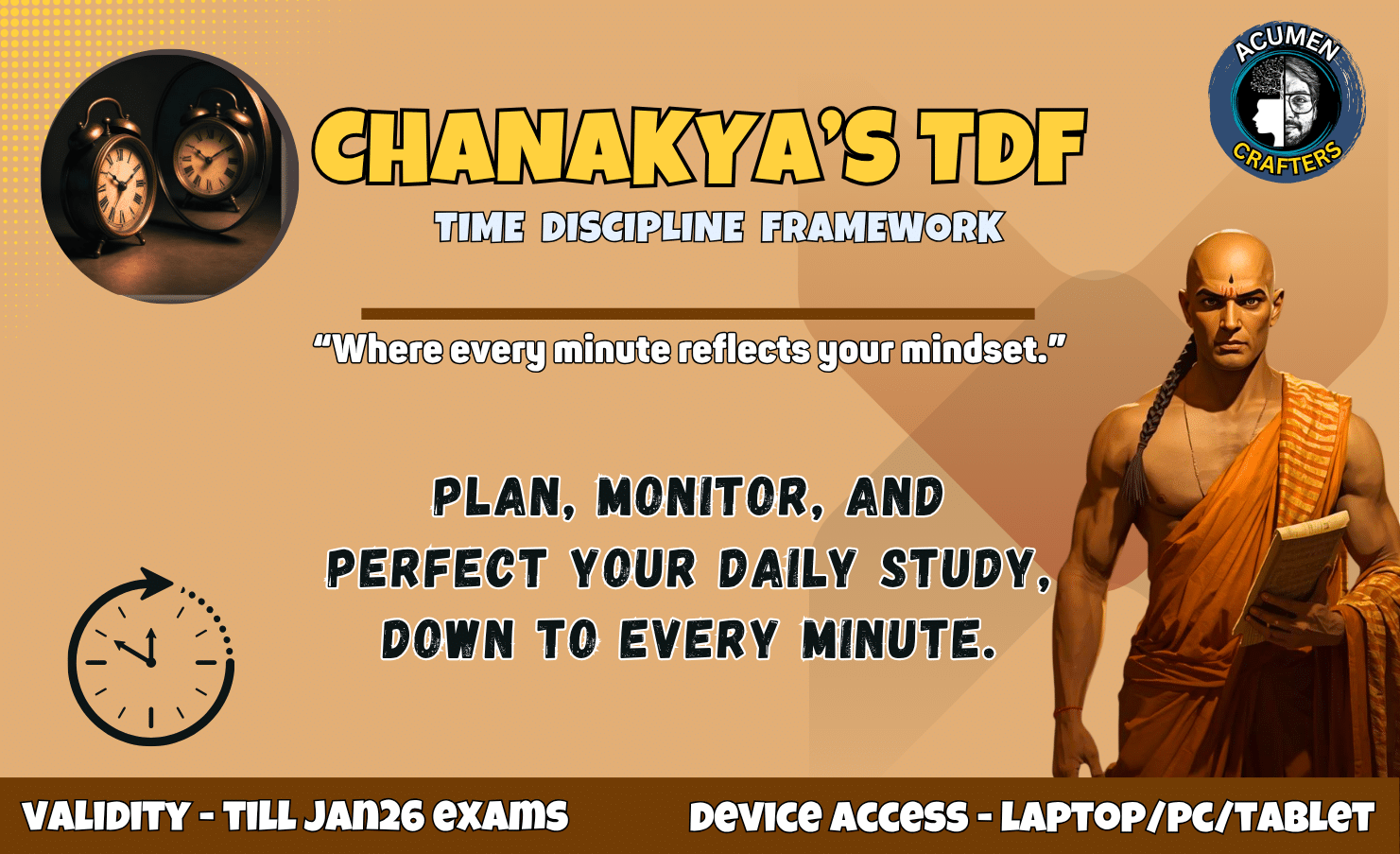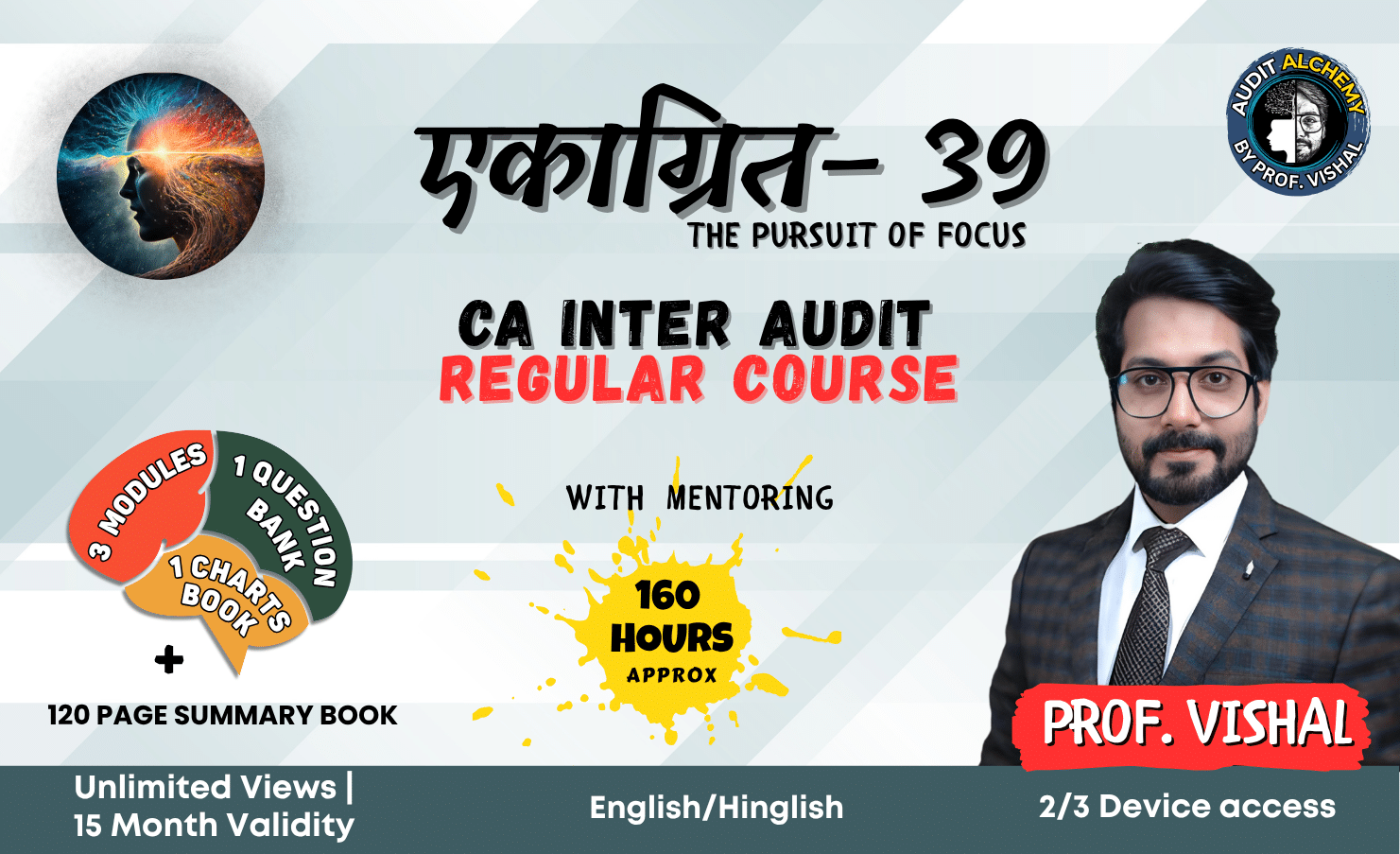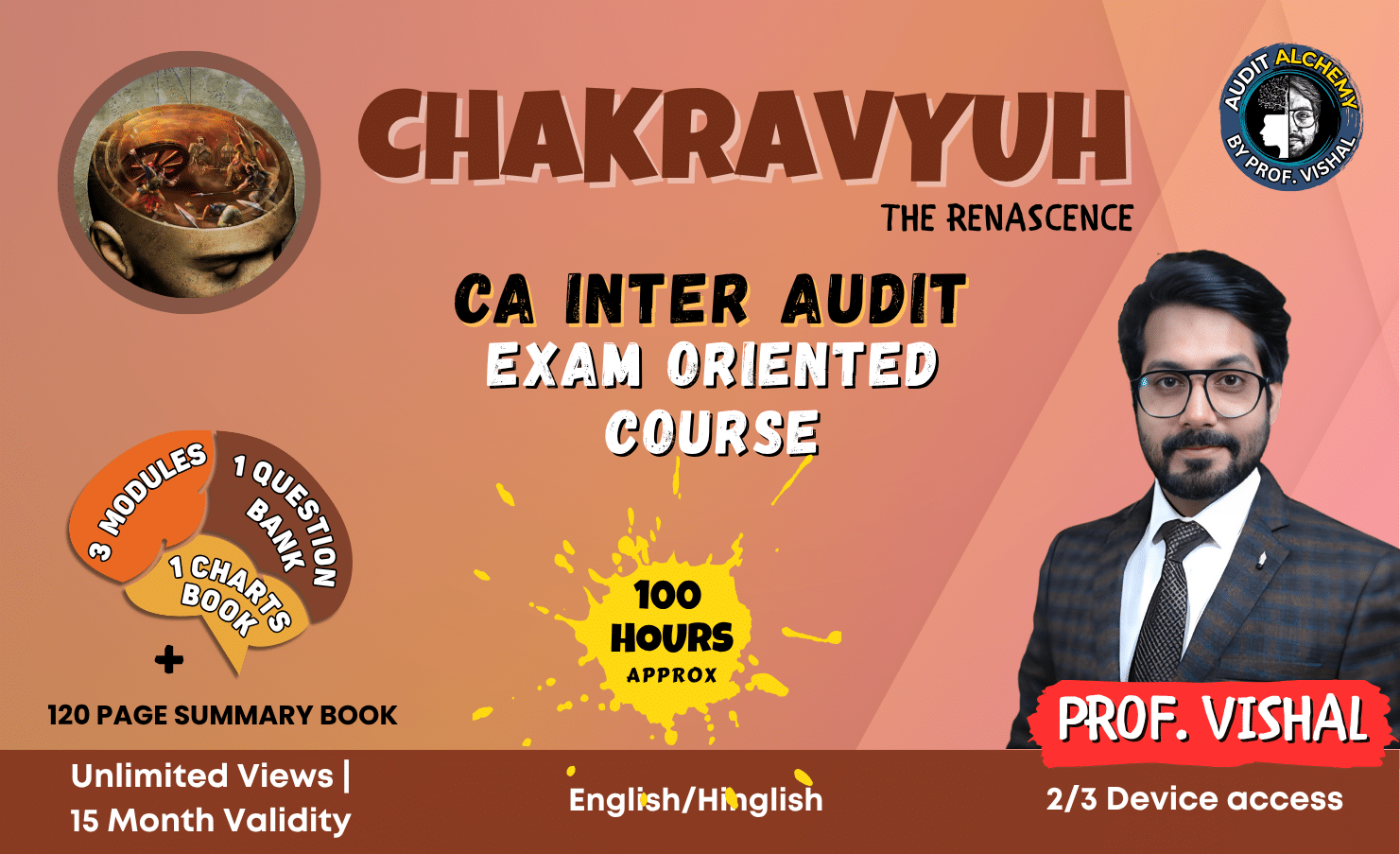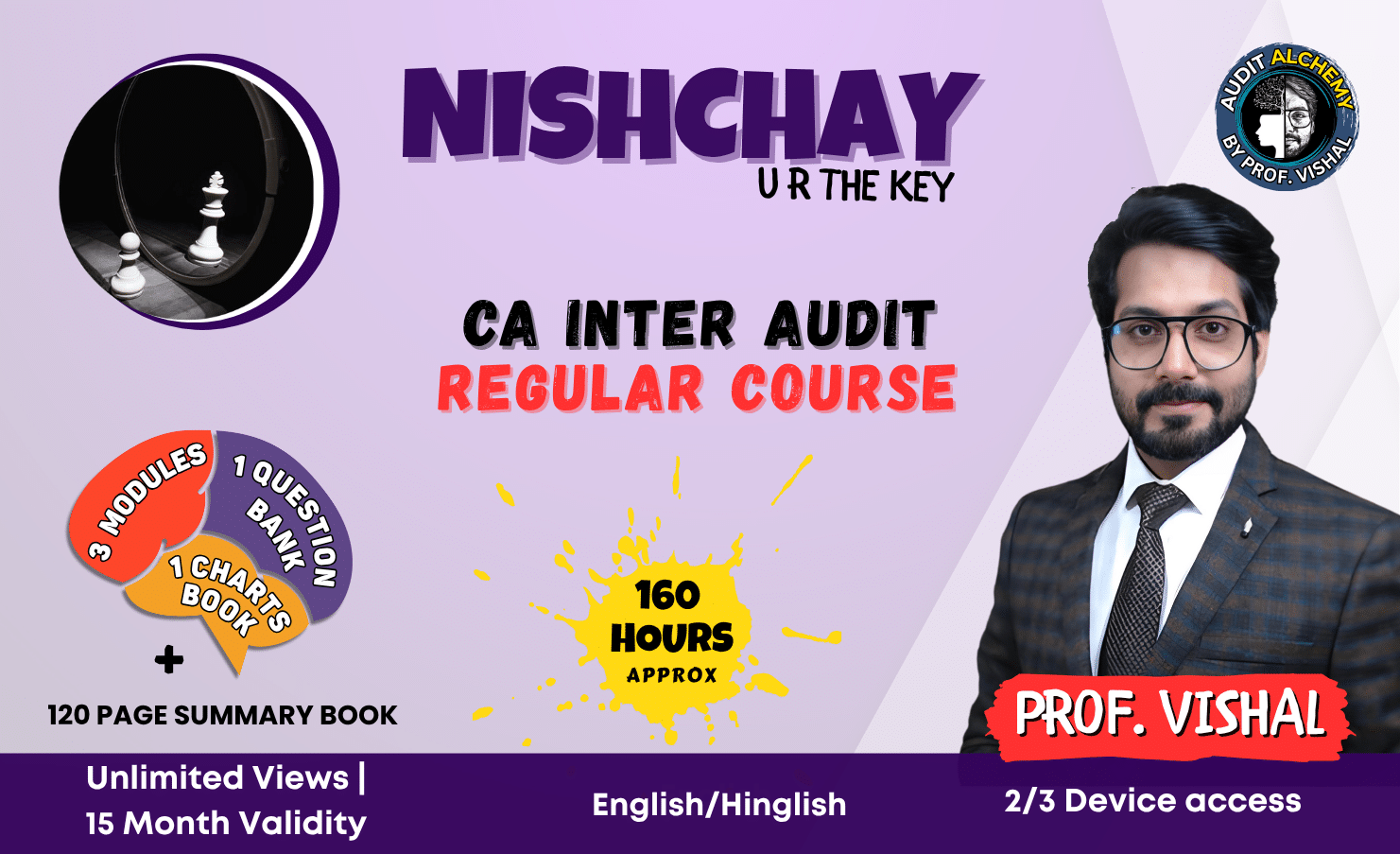Friends are a source of joy, but they can sometimes pose challenges when it comes to maintaining study focus. It’s tempting to relax and have fun with them, which can hinder your academic progress. If you’re determined to excel in an upcoming test, here are some strategies to help you study effectively.
Method 1: Establish a conducive study environment at home.
Create a comfortable, private study space in your room or utilize communal areas like the living room or dining table. Regardless of your choice, ensure the area is free from distractions.
Turn off the television, politely request your siblings to lower the noise level, and keep background music at a low volume. Studying at home guarantees minimal interruptions from friends.
Method 2: Opt for the library for a serene study session.
Find a secluded and quiet desk in the library, where maintaining silence is the norm. This choice is ideal when you want to steer clear of friends and maintain your concentration. Set up your notebook, laptop, and any other study materials at a private desk and stay focused.
Consider visiting your school library or a nearby public library for a change of scenery.
If a friend approaches you in the library, politely explain that you need to study alone.
Method 3: Seek a change of environment at a coffee shop.
Select a coffee shop that your friends don’t frequent regularly. Coffee shops offer a tranquil setting for focused studying. Enjoy a cup of coffee or tea to keep your energy up, pick a one-person table, and organize your study materials.
If you’re easily distracted, choose a less crowded coffee shop to maintain your concentration.
Method 4: Develop a structured study plan for enhanced focus.
Distractions are less likely to disrupt your study session when you have a clear plan. Outline the tasks you intend to complete during your study session and keep track of your progress. Make a commitment not to engage in social activities or text your friends until you’ve accomplished your daily study goals.
Method 5: Adjust your phone and computer settings.
Text messages, phone calls, and emails can be major distractions. Place your phone on “Do Not Disturb” mode to eliminate text alerts and calls during your study time. If this option isn’t available, disable notifications and put your phone on silent. When using your computer, turn off email notifications and log out of social media accounts to reduce the temptation to check them.
If necessary, place your phone out of your immediate reach.
If you struggle with phone distractions, schedule short breaks during your study session to check your phone as a reward.
Method 6: Employ a productivity app to combat social media distractions.
To avoid online distractions, consider using apps like Freedom that block specific websites, including social media, during your study hours. Schedule the duration for which these websites should be blocked, and ensure the app also covers your laptop or computer.
Method 7: Leave unproductive group study sessions gracefully.
If you find it difficult to concentrate in a group study setting, politely excuse yourself to study independently. If your friends are engaged in unrelated discussions during a study session, it’s best to relocate to a quiet environment like the library or your home.
Communicate your departure politely, saying something like, “I’m finding these vocabulary words challenging, and I need to focus. I’ll catch up with you all tomorrow!”
Method 8: Use headphones to block out distractions.
If you must study in a social setting, wear headphones to drown out background noise. Even without music, headphones send a clear signal to friends that you’re in study mode and should not be disturbed. Consider noise-canceling headphones for additional peace and quiet.
Method 9: Set boundaries with friends who insist on your time.
Don’t let peer pressure deter you from your study goals. Politely and firmly communicate your need to study. True friends will respect your commitment to academic success.
Express your priorities, saying something like, “I’d love to hang out this weekend, but I have an important test tomorrow, and I really need to focus on my studies tonight. I hope you understand.”
By implementing these strategies, you can strike a balance between your social life and academic commitments without compromising your focus.












